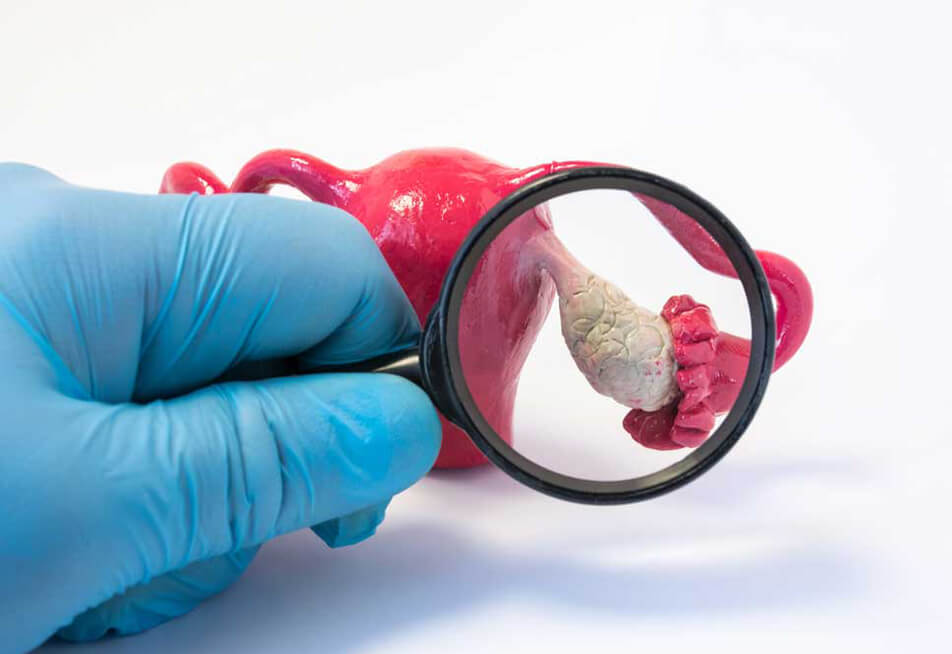Ovulation induction is recommended for irregular or absent ovulation and is offered using medications to stimulate follicular development in women.
The National Institutes of Health estimate that 25 to 30 percent of infertile women experience ovulation problems
Normal ovulation is defined when the ovary releases a mature egg and is usually during the midcycle phase in 28 days cycle. Interval of 21 to 35 days in a menstrual cycle is considered acceptable and is suggestive of normal ovulation. If fertilization does not occur, the egg and endometrial tissues are broken down and cleared from the uterus naturally in the form of menstrual blood.

